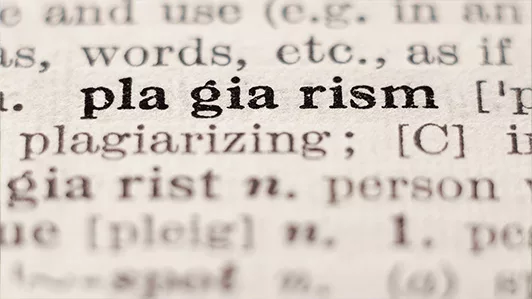Dec. 11, 2023
Editor’s Note This is Wayne Schiess’ final column for Austin Lawyer. His first “Opening Statement” column appeared in the July/August 2007 issue. Since then, he has consistently contributed to our magazine. His dedication to the improvement of legal writing has been invaluable to Austin Lawyer and its readers. From everyone at the Austin Bar, we sincerely thank you, Wayne, for





